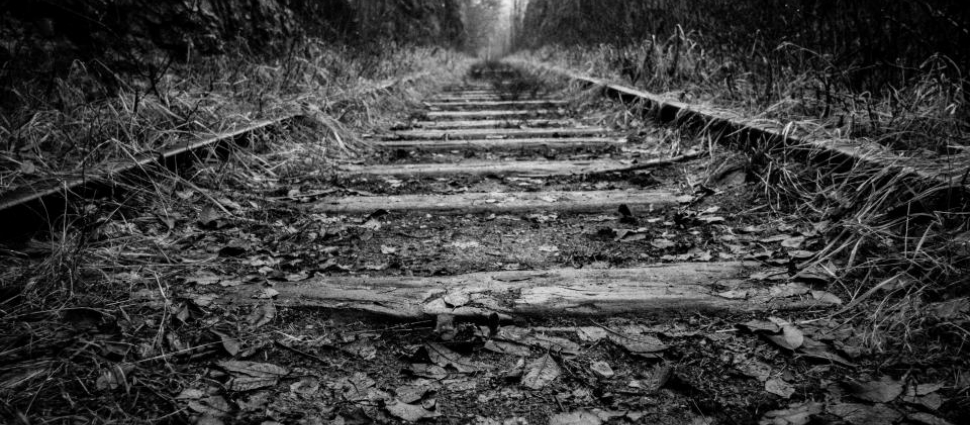Majoring in the Minors: Amos

About one hundred years before the northern kingdom was carried into exile by Assyrian armies, and just two years before the earthquake, the Lion roared from Zion. Yahweh raised up and sent his prophet, Amos of Tekoa, into the northern kingdom to announce a coming inescapable judgment. Exile.
Amos, a rural sheep herder and dresser of sycamore figs, was an unlikely choice for the Lion’s roar. Not only was he a country farmer sent to preach against an urban decadence that was crushing the poor, he was also from the southern kingdom of Judah. With Amos the Lord was about to smuggle an outsider into the north because Israel had officially silenced their own prophets (2:12). Jeroboam would try to silence Amos too (7:10-17).
Amos begins his preaching to the northern kingdom in a clever way. Not clever with deceit, but with a disarming cleverness. He first proclaims the judgments coming on the neighboring enemies of Israel: Damascus, Gaza, Tyre, Edom, the Ammonites, and Moab. He even declares he southern kingdom is targeted for judgment.
All of this perfectly paced to get Israel listening. They might welcome a new prophet after all, if he speaks to their advantage. But then, cleverly mentioning them last, the northern kingdom becomes the chief concern of Amos’s word of doom.
What entrenched and multiplied transgressions brings the Lord to come against his own people? In a word, oppression. In more words, oppression of the poor by an unchecked appetite for luxury and leisure.
The wealthy and powerful of Israel – and those who wish to be – “sell the righteous for silver and the needy for a pair of sandals” (2:6). They “trample the head of the poor into the dust of the earth and turn aside the way of the afflicted” (2:7). So, the Lord is coming to “strike the winter house along with the summer house, and the houses of ivory shall perish, and the great houses shall come to an end” (3:15).
The well-to-do of Israel have fallen under a spell of decadence, “they know not how to do right” but they know how to “store up violence and robbery in their strongholds” (3:10).
One of Amos’s best-known jabs against the decadent despots is in 4:1 – “Hear this word, you cows of Bashan, who are on the mountain of Samaria, who oppress the poor, who crush the needy, who say to your husbands, ‘Bring, that we may drink!’”
In Samaria, the capital city of Israel, many are getting fat in luxury feeding off the poor. They are “cows of Bashan” not “bulls of Bashan.” Cow here is feminine. Amos just may be pointing to the wives of the court – of the king, of princes, of judges, of minsters of state. He could be saying these court ladies are central to the decadence and cruelty of Samaria. Or he may be calling out the softness of great men, how decadence has made them effeminate and tuned their affections toward luxurious trappings.
Whatever Amos is getting at, it culminates in a decadent toast, “Bring, that we may drink!’ The poor are not being cheated to raise up an army or pay off debt or build a fortress against enemies. The poor are oppressed so the decadent can live sumptuously.
We might expect then these decadent people have abandoned worshipped. They have not. Amos finds they maintain a form and fervor for worship. Yet Amos must announce it is worship God hates: “I hate, I despise your feasts, and I take no delight in your solemn assemblies. … Take away from me the noise of your songs; to the melody of your harps I will not listen” (5:21, 23).
Why this divine disgust for worship? Note, the Lord’s charge is not against the open corruption in their religious services, though it is there. His charge is against the open corruption in their relations with neighbors. They claim to belong to Yahweh, but their actions towards the needy do not follow the pattern of Yahweh’s own actions toward them when needy sinners.
Here a key verse shines most bright: “You only have I known of all the families of the earth; therefore I will punish you for all your iniquities” (3:2).
The Lord had freely drawn near to this people when they were idolatrous wanderers among the nations, abhorred, cast out on the open field, wallowing in blood (Ezek. 16). He had pity upon them, compassion toward them. He covered their nakedness and spread the corner of his garment over them. Thus, through Amos, the Lord speaks of his love and mercy (3:2). A remnant will hear and return to him and though they must now pass through the coming judgment, they will live with God (9:11-15). But those who cannot be softened by grace, the judgment will only bring unending judgment (9:10).
John Hartley has been pastor of Apple Valley Presbyterian Church since 2010, having previously been a pastor for 10 years in Vermont. He is a Wisconsin native and a graduate of University of Wisconsin-Milwaukee as well as Dallas Theological Seminary. John lives with his wife Jen and their five children.





